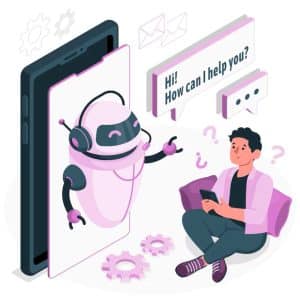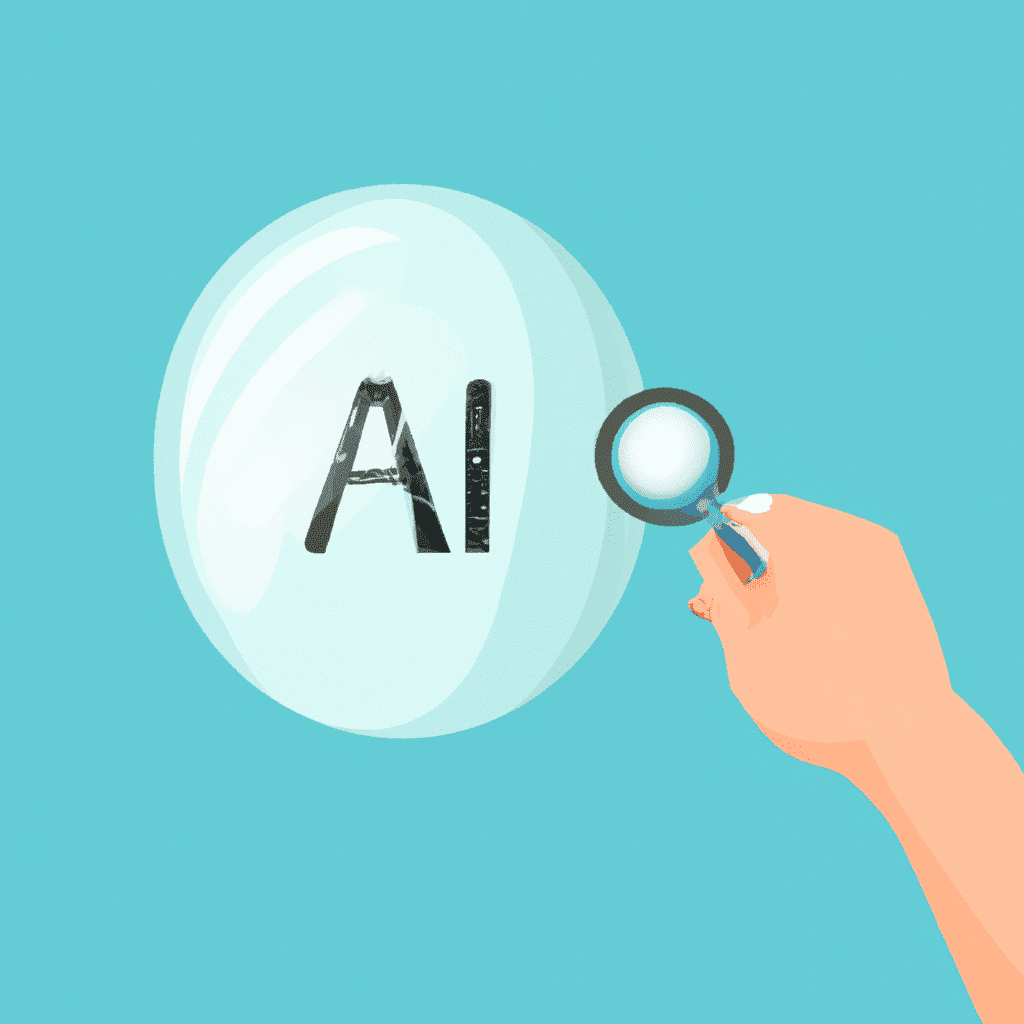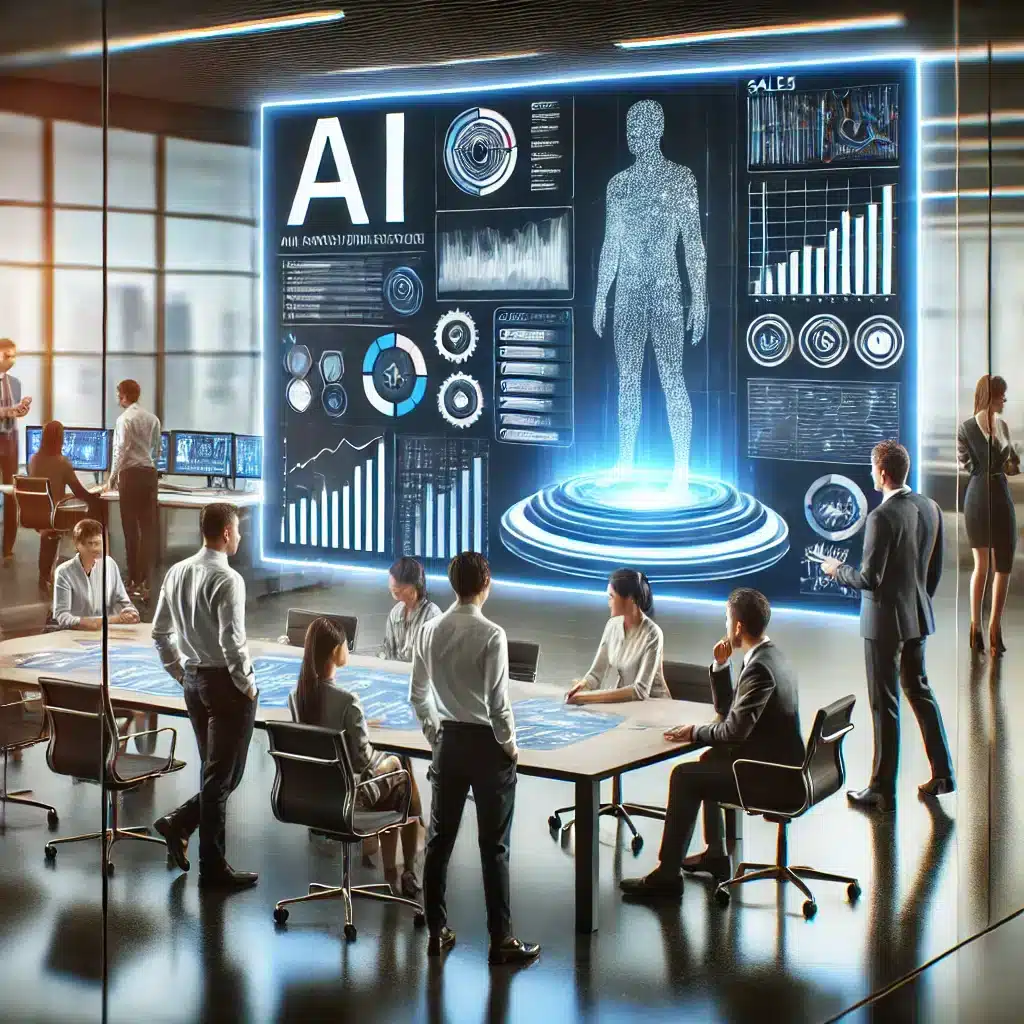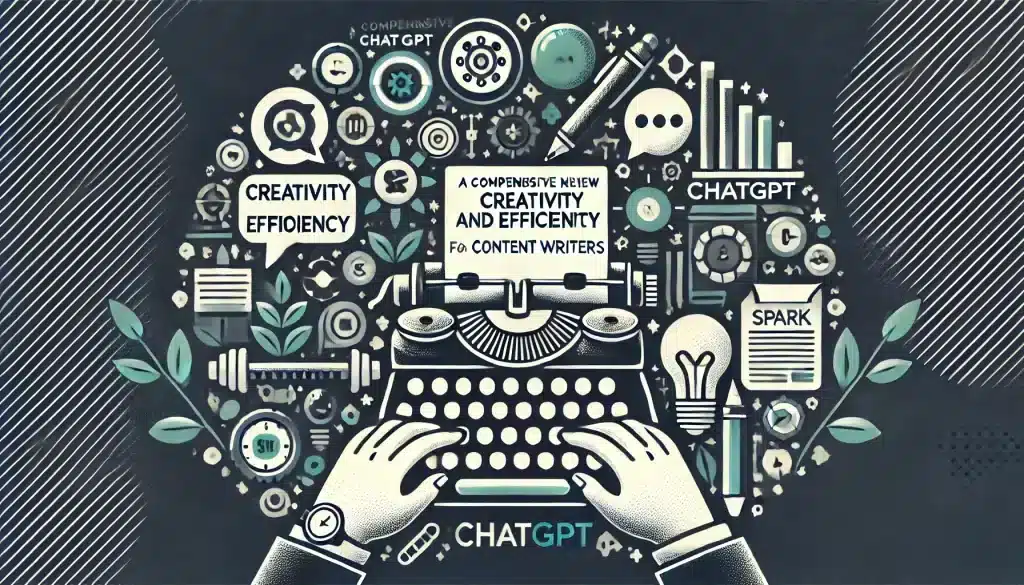Imagine you’re walking into your favorite store, and right away, there’s a friendly assistant eager to help you find exactly what you need, answer all your questions, and even share some great deals – all this without you having to wait a single minute. Now, what if I told you this assistant isn’t human, but a chatbot? Welcome to the revolution in AI customer service! Chatbots are virtual helpers powered by artificial intelligence, designed to offer you instant assistance any time of the day, making your experience smoother and more enjoyable.
Whether you’re booking a flight, looking for tech support, or just need some shopping advice, AI-powered chatbots are here to transform your interaction with businesses into something truly seamless and interactive. Let’s dive into how these digital dynamos are ready to chat their way into making your life easier and why they might just become your new best friend in navigating the world of customer self-support.
The Rise of Chatbots for Customer Service
In the digital era, customer service is a vital battleground for businesses aiming to secure and expand their customer base. Artificial intelligence is rapidly changing the landscape of customer interactions, and at the forefront of this revolution are AI-powered chatbots. These sophisticated tools are not just reshaping the speed and accessibility of customer service; they’re fundamentally redefining how businesses engage with their customers.
The integration of AI into customer service didn’t happen overnight. It has been a result of the continuous advancement in technology and the growing need for more efficient customer self-support channels. Traditional customer service channels often struggle with large volumes of requests, leading to long wait times and decreased customer satisfaction. Offering oodles of AI agent support, chatbots are moremerge as a solution to these challenges, providing instant responses and a 24×7 service window.
Chatbots for customer service are programmed to simulate conversations with human users via textual or auditory methods. They are equipped with natural language processing (NLP) systems that help them understand and respond to human speech or text in a natural manner. This capability makes them highly effective for the first line of customer interaction.
How Chatbots are Revolutionizing Business Interactions
In contrast to the popular belief, there is more than one way that chatbots are revolutionizing business interactions and helping business owners accomplish their organizational objectives:
1. Instant Customer Responses
One of the most significant advantages of AI chatbots is their ability to provide immediate responses to customer inquiries. Unlike human agents, contemporary coversational AI chatbots can handle multiple interactions simultaneously, reducing wait times and increasing overall efficiency.
2. Scaling Customer Service Operations
AI chatbots can be scaled easily to handle a higher volume of interactions without the need for additional human resources. This scalability helps businesses manage customer service during peak times without compromising on quality.
3. Personalization at Scale
Through machine learning algorithms, chatbots can analyze data from past interactions to personalize conversations and recommendations. This level of personalization was once only possible through human agents, but now, AI can offer tailored suggestions, advice, and support, enhancing the customer experience.
4. Cost Efficiency
Implementing AI-powered cost-saving chatbots can significantly reduce operational costs associated with customer service. Businesses can save on human labor costs and allocate resources to other critical areas, such as product development or marketing.
5. 24×7 Customer Support
Chatbots do not require breaks, vacations, or sleep. They provide round-the-clock service, ensuring that customer inquiries are addressed any time of the day, which is particularly beneficial for global businesses dealing with customers across different time zones.
Implementation Challenges and Considerations
While the benefits are substantial, implementing chatbots is not devoid of challenges. Businesses need to consider the following:
1. Choosing the Right Platform
Selecting the right chatbot platform is crucial. It should integrate seamlessly with existing customer service software and support the complexity of the interactions required by the business.
2. Training the AI
For optimum chatbot efficiency, they must be trained with large datasets relevant to the business and its customers. The quality of these datasets significantly impacts the chatbot’s understanding and response accuracy.
3. User Experience Design
Designing a chatbot’s interaction flows is essential to ensure a smooth user experience. With advanced AI chatbot customization, the opportunities can be endless. Poorly designed chatbots can lead to customer frustration and increased churn.
4. Continuous Learning and Improvement
Chatbots should continuously learn from new interactions and be regularly updated to improve their accuracy and functionality. For instance, with multilingual chatbot support, these smart tools can help resolve queries of people from all over the world. Businesses should monitor performance metrics and gather customer feedback to refine the chatbot experience.
Case Studies of Successful Chatbot Implementations
Now, let’s see these digital helpers in action! Here are a few case studies demonstrating how these AI chatbots have successfully transformed customer service in various industries, showcasing both the immediate benefits and long-term impacts of their implementations.
1. Banking Sector
A prominent bank introduced a chatbot to handle routine inquiries about account balances, recent transactions, and credit card expenses. The chatbot reduced call volume to human agents by 40% and improved customer satisfaction ratings due to quicker resolution times.
2. Retail Industry
An international retailer implemented a chatbot to assist customers with online shopping decisions. The chatbot provided product recommendations and information, handled transactions, and even supported post-purchase queries like order tracking. This led to a 30% increase in conversion rates and a significant boost in customer engagement.
The Future of Customer Service
As AI technology continues to evolve, the potential of chatbots in customer service is boundless. Future advancements in AI could lead to even more sophisticated, empathetic, and intuitive systems, further enhancing the customer service experience.
In conclusion, AI chatbots are more than just a technological innovation; they are a transformative force in customer service. Businesses that embrace this technology can look forward to not only more efficient operations but also deeper and more meaningful interactions with their customers, setting the stage for sustained success, customer loyalty and the dawn of technology.





